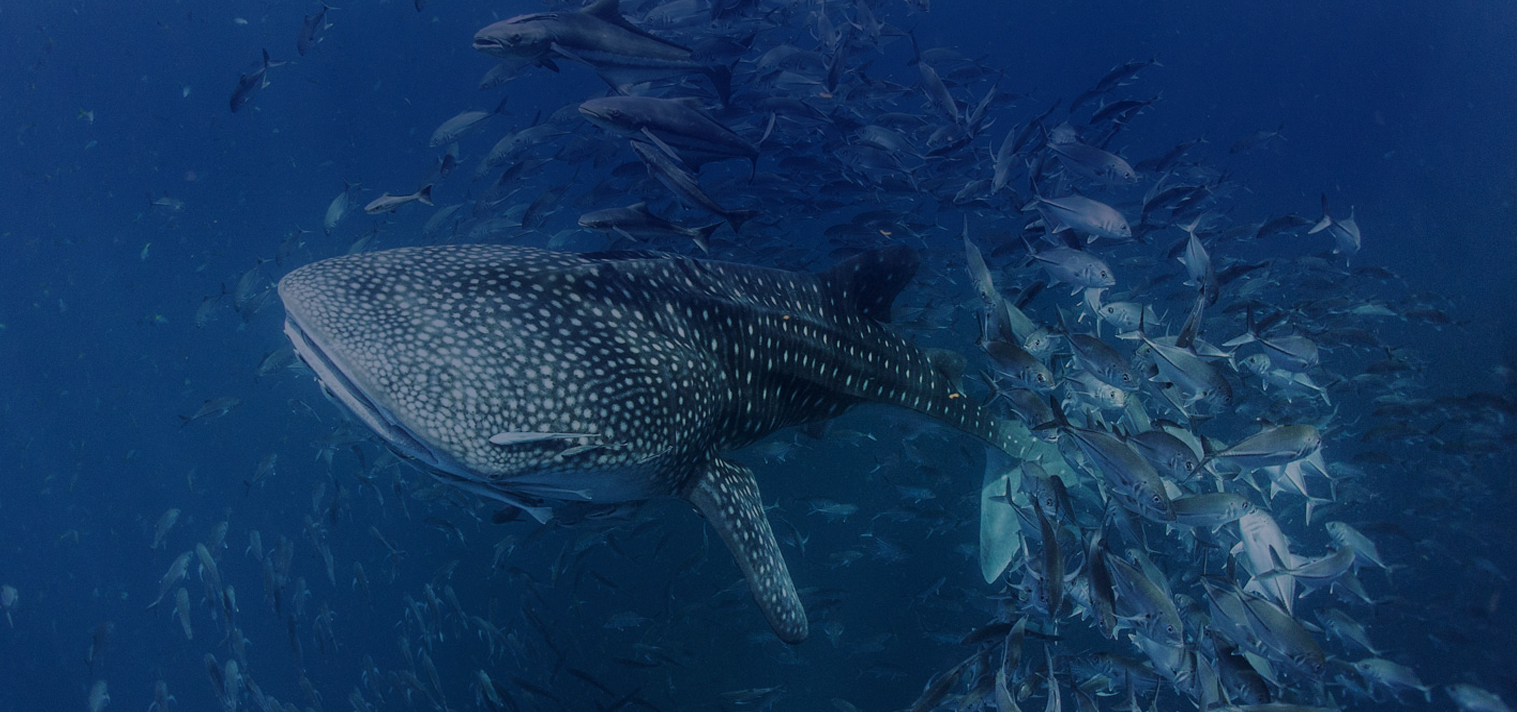Advancements in Marine Spatial Planning and Cooperation at the Cartagena Convention
Dr. Lorna Inniss, Head of IOCARIBE, actively participated from October 3 to 6 in the Caribbean Digital Prototype and Data Hackathon in Oranjestad, Aruba, followed by the Ministerial Session of the 17th Conference of the Parties to the Convention for the Protection and Development of the Marine Environment of the Wider Caribbean Region. These events brought together ministers, ocean practitioners and machine learning professionals dedicated to marine spatial planning and the future of our oceans, enabling extensive discussions on how to accelerate the achievement of Challenge 9 of the Ocean Decade - creating a digital twin of the oceans.

11 octobre 2023
During the Hackathon, there was strong enthusiasm generated around the marine spatial planning challenge game and tool, to explore and simulate solutions driving Challenge 9 of the Ocean Decade: creating a digital twin of the oceans. Particularly, representatives from Bermuda, Puerto Rico, Barbados, Grenada, and Trinidad and Tobago expressed strong interest in applying national-level marine spatial planning, focusing on key economic and environmental sectors.
Dr. Inniss met with high-ranking officials from Aruba, including Acting Governor Augustin Vrolijk, to discuss regional initiatives including Sargassum and its potential use as a fertilizer. Financing for IOCARIBE programs was also addressed, highlighting Aruba's key role as the President of the IOCARIBE Board of Officers.
At the Cartagena Convention, important decisions were made, such as the protection of certain sharks and rays, and encouragement to continue working on the blue economy and ocean governance. Agreements were also signed to protect nature and establish the Ocean Coordination Mechanism to harmonize ocean governance among member states and intergovernmental organizations.
The hosting of these events, along with the agreements and decisions made, supports efforts under the UN Decade of Ocean Science for Sustainable Development; and indicates that the Caribbean region is at a crucial moment in its pursuit of more effective and sustainable ocean management. Regional collaboration and the adoption of innovative tools like marine spatial planning are becoming fundamental pillars for the protection and preservation of our valuable marine ecosystems. These landmark events represent a significant step towards a more prosperous and sustainable marine future in the Caribbean region.




